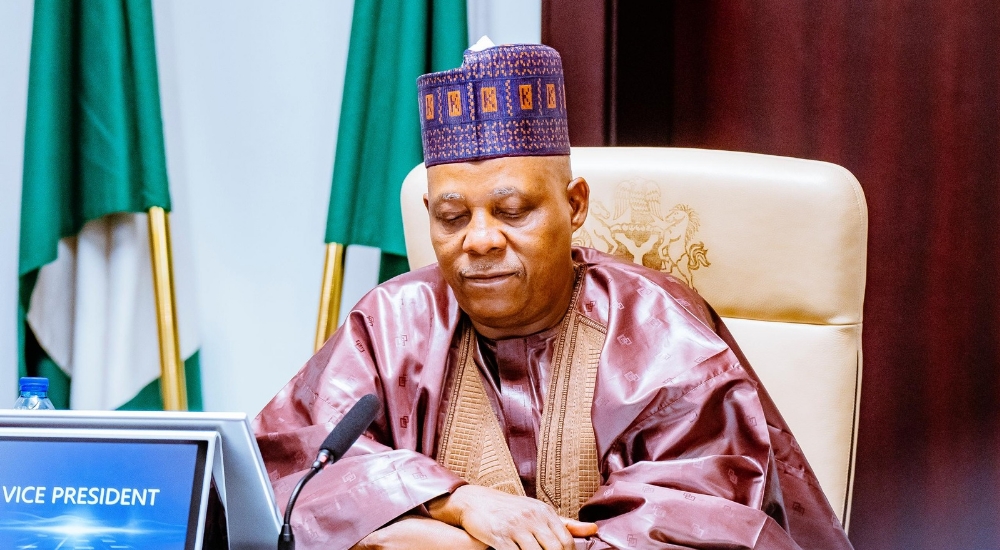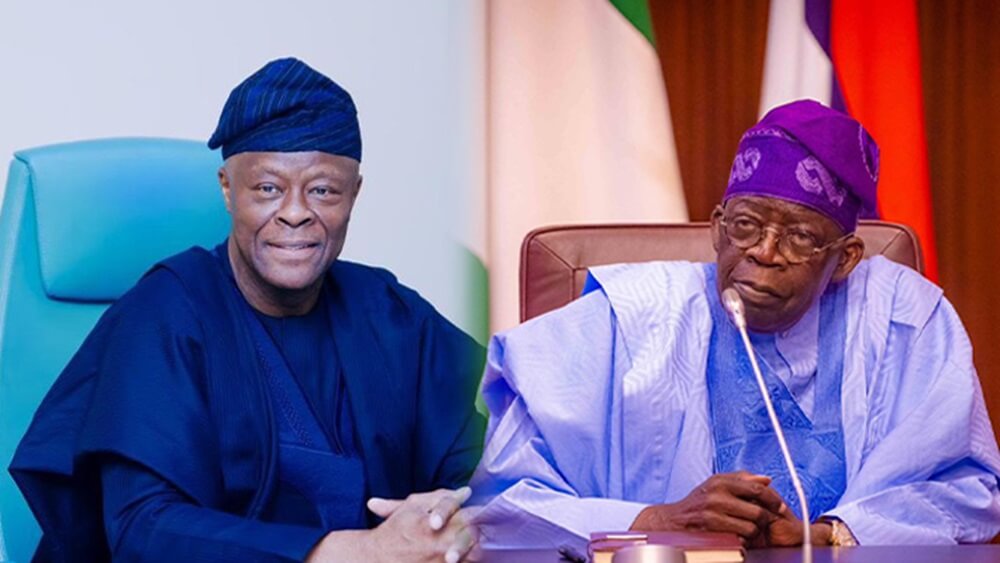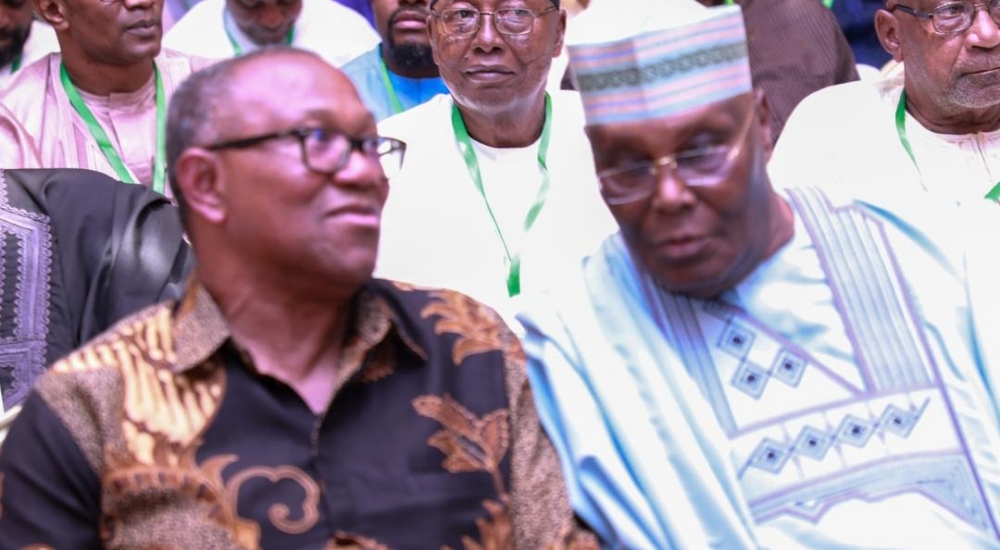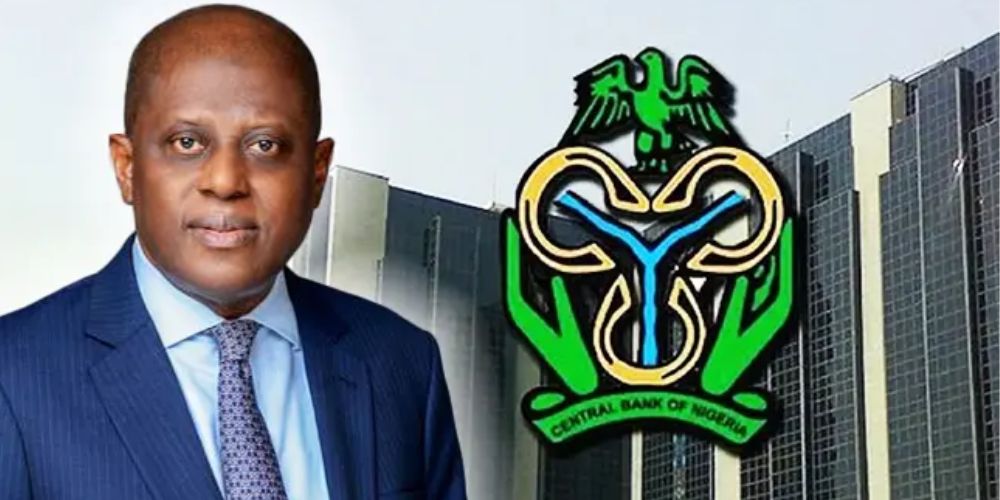Atiku Accuses Tinubu Of Weaponising Poverty As El-Rufai, Amaechi Differ
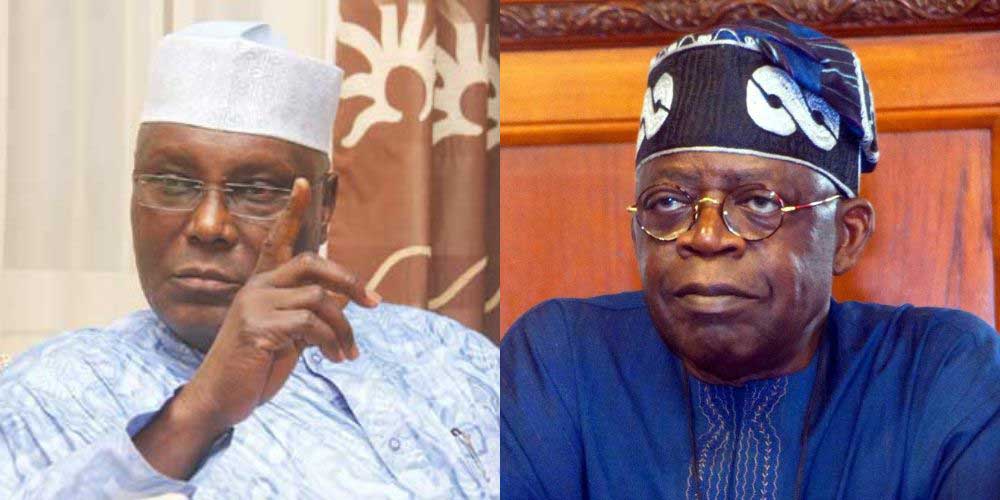
Former Vice President Atiku Abubakar has accused the Bola Tinubu-led Federal Government of deliberately leveraging economic hardship as a mechanism of political control, a move he described as the “weaponisation of poverty.”
Atiku made these remarks on Saturday at the 60th birthday lecture of former Rivers State Governor Rotimi Amaechi, held in Abuja under the theme, ’Weaponising Poverty in Nigeria’.
It was a gathering of who is who in the emerging coalition with the theme carefully chosen to reflect current challenges and to take political advantage of the economic hardship in the country.
None of the speakers wasted time in lashing out at President Tinubu whom they accused of impoverishing Nigerians for political gain.
For Atiku, it’s a deliberate act of weakening Nigerians for political purposes.
The former vice president issued a blistering critique of the current administration’s handling of the economy, alleging a deliberate effort to deepen hardship as a means of subjugation.
He said, “This particular government is weaponising poverty.
“When I was growing up in the north, the most prosperous city or state was Kano State. As soon as I finished secondary school, my first location was Kano. I never saw people sleeping outside. Then there were no bridges or flyovers,” Atiku said.
He contrasted the relative prosperity of the past with today’s economic dislocation. Drawing attention to the situation in Kano, Atiku painted a grim picture:
“Recently, people were all over the state sleeping under bridges, on the streets—people driven out by poverty and insecurity. There is a state agency in Kano responsible for providing support to such people.
“They started their work, enlightening and removing people from the streets. But they were called to Abuja and told to stop.”
While not naming specific federal officials, Atiku’s implication was clear: efforts to alleviate suffering at the local level are allegedly being thwarted by the central authority for political reasons.
Reaffirming his commitment to challenge this status quo, Atiku added, “You may call me a conspirator, you may call me anything, and that is why we are in this alliance to make sure we don’t allow them to continue weaponising poverty.
“Of course, one of our star conspirators is Rotimi Amaechi. We will continue to conspire with you to make sure we minimise poverty and we don’t use state machinery to weaponise poverty,” Atiku stated.
However, former Kaduna State Governor Nasir El-Rufai, also a keynote speaker at the event, acknowledged went a notch higher stating Nigeria’s precarious state but offered a more nuanced assessment.
“Nigeria is in its biggest trouble since 1914. We are together working, conspiring to build a coalition to take Nigeria back on track because it is off track,” he stated.
Dissenting what Atiku said, El-Rufai claimed, “Many people have spoken about weaponisation of poverty and whether politicians are deliberately using poverty as a weapon. I don’t think so. Poverty weaponises itself if allowed to exist and fester. That’s what has happened in Nigeria.”
In his analysis, the former governor attributed Nigeria’s socioeconomic decline to chronic leadership failures.
“We just get incompetent people and hand over leadership to them. They don’t know what to do. Most of them just know how to grab power but don’t know what to do with it,” he said.
El-Rufai called on Nigerians to be more discerning in their political choices ahead of the 2027 general elections:
“Wherever you see islands of progress in Nigeria, it is because a competent person has been given the opportunity to serve. What we have done in this country is to allow bandits—not the ones in the bushes—the urban bandits to take over governance.”
He warned, “The key challenge for Nigerians in 2027 is to look at those offering themselves for leadership and pick those that have the competence, capability, capacity, and commitment to make Nigeria move forward.”
The host, former Minister of Transportation Rotimi Amaechi, offered a provocative counterpoint to both Atiku and El-Rufai, and directed his criticism not at Nigeria’s political elite, but at its citizenry.
Amaechi who has on several occasions riled up Nigerians to protect and rise up against bad leadership said, “Nigerian leaders and elites are not the problems of Nigeria. The problem of Nigeria is the followership.”
According to him, the failure of Nigerian leaders to deliver stems from the populace’s apathy and inability to hold leaders accountable.
“No Nigerian leader cares for you. And the reason why no Nigerian leader cares for you is because you will do nothing,” he said.
Reflecting on previous public protests and citizen-led movements, Amaechi dismissed their effectiveness:
“You protested. At the end of the protest, the president announced an increase in the price of fuel because you will do nothing.”
Frustrated and visibly exasperated with the state of affairs, Amaechi delivered a stinging indictment of national direction:
“We don’t want to move the country forward. If you’re not ashamed, I’m ashamed. I look at Nigeria and I ask myself, what are we actually doing here? Do we really want to be a country?”
Atiku Accuses Tinubu Of Weaponising Poverty As El-Rufai, Amaechi Differ is first published on The Whistler Newspaper

